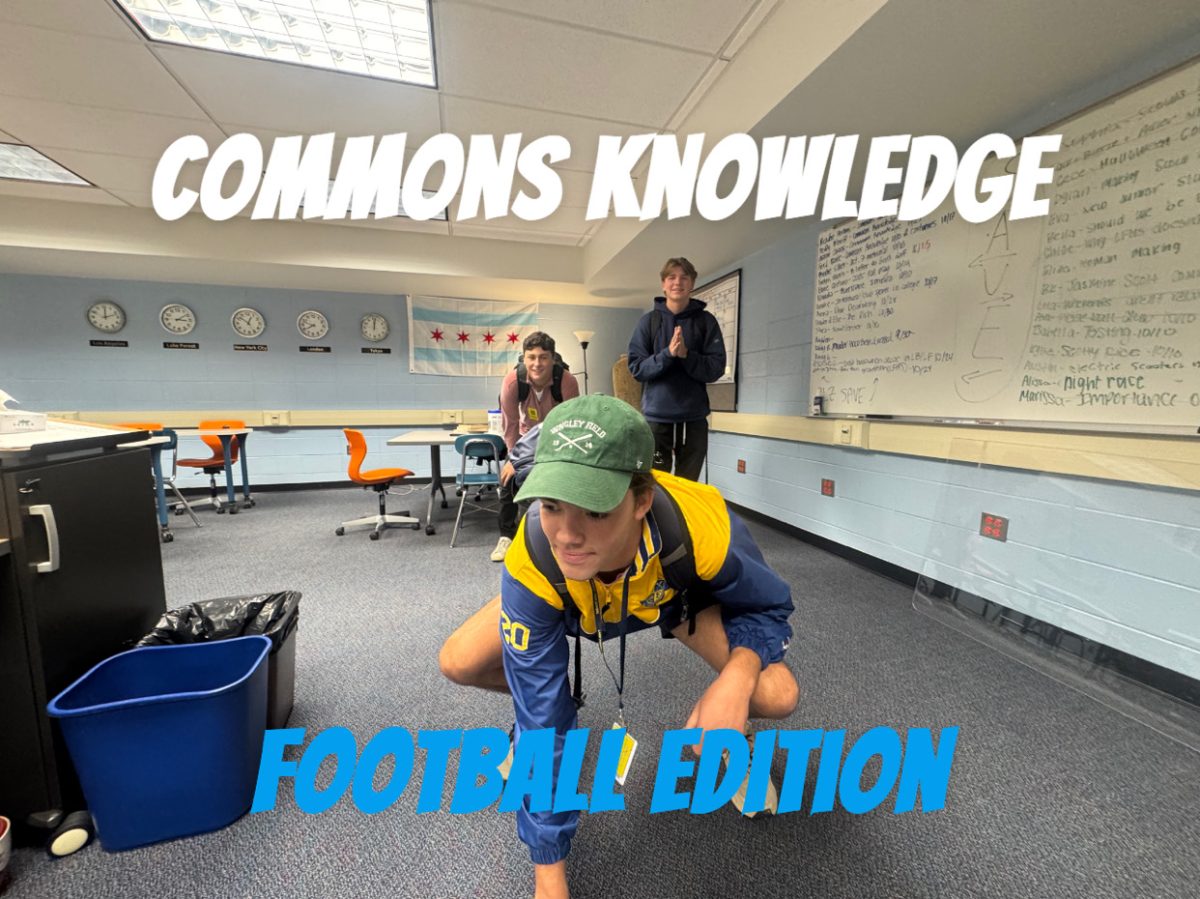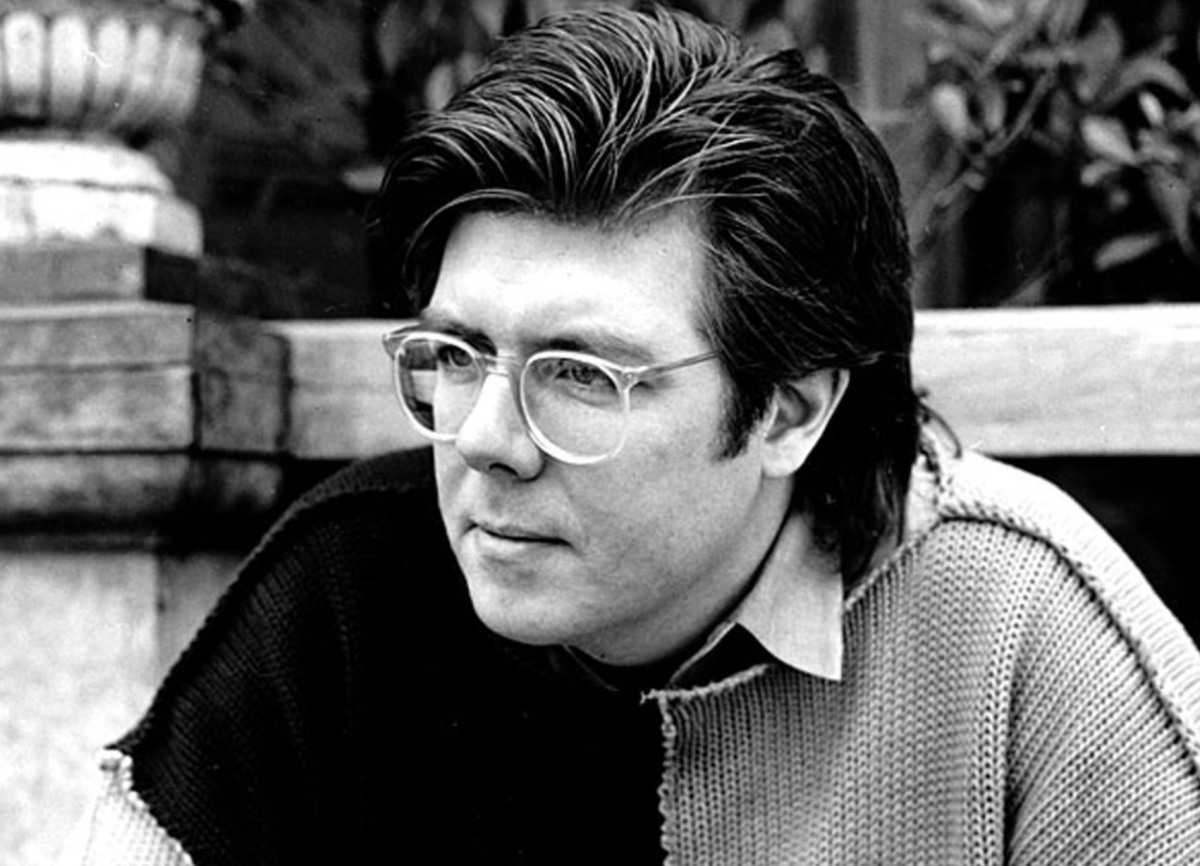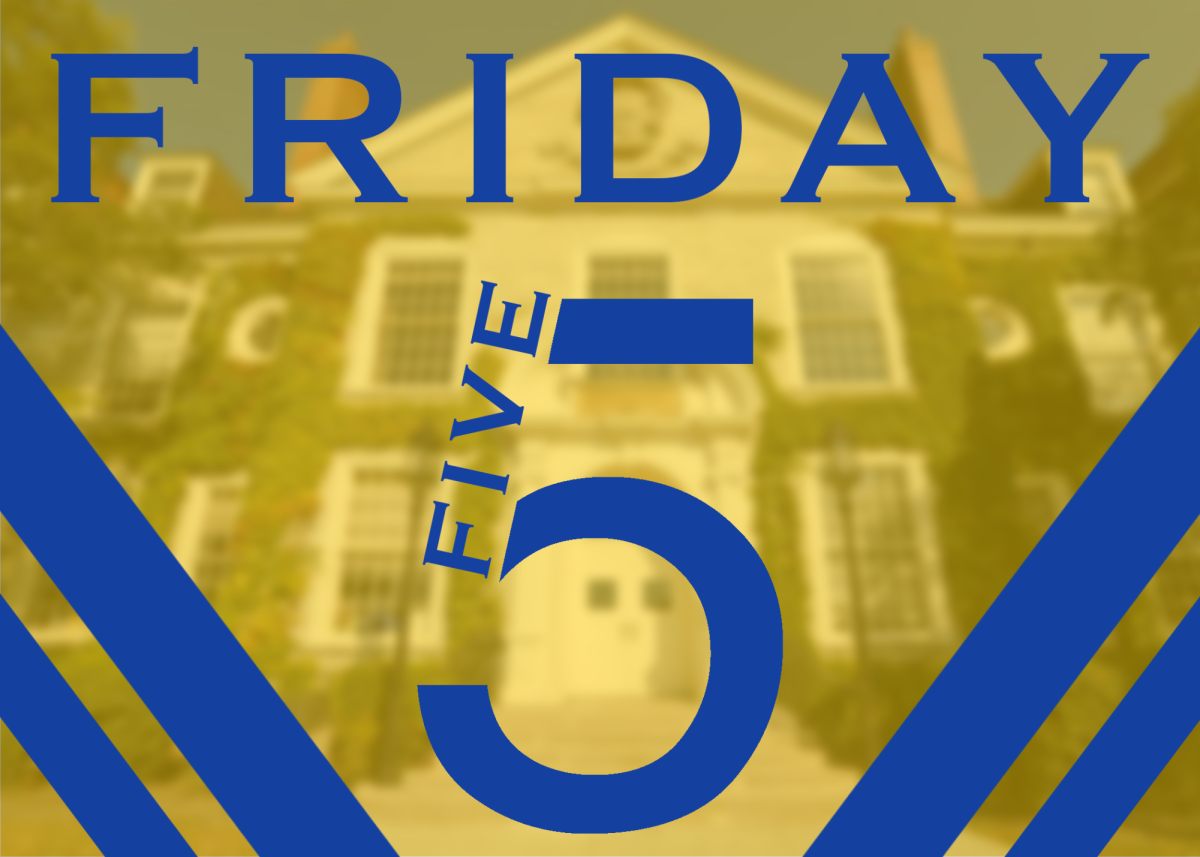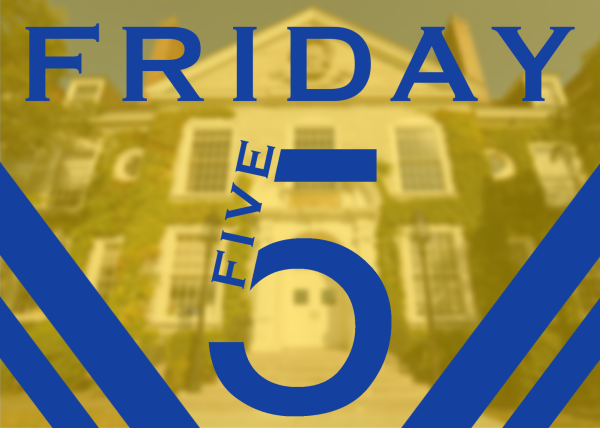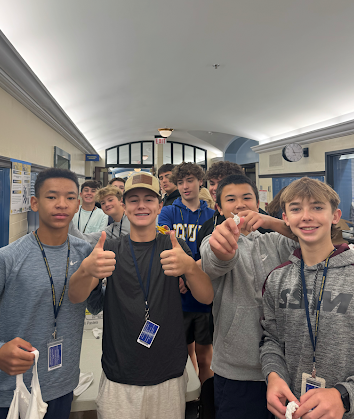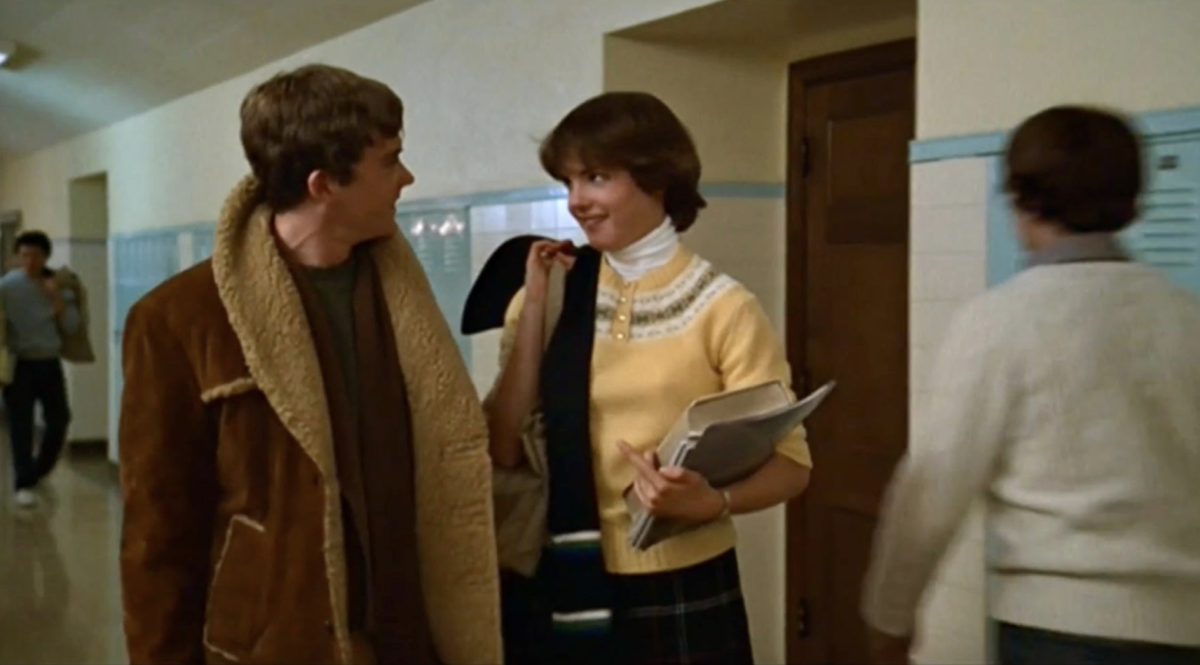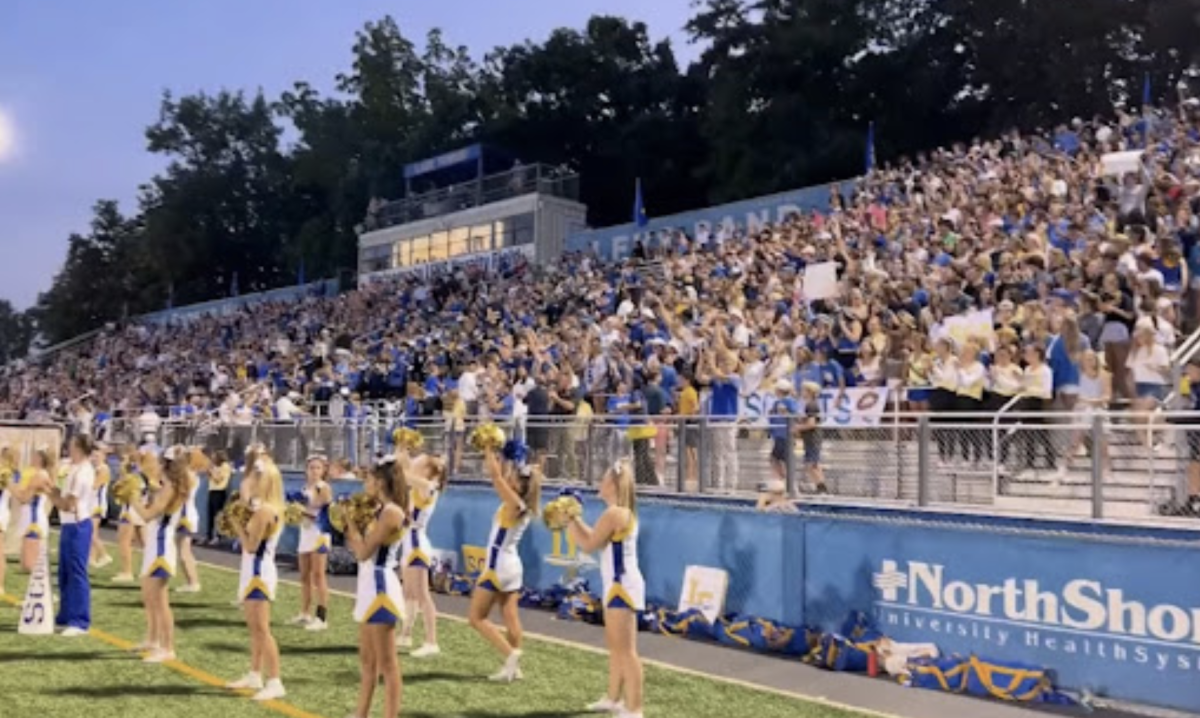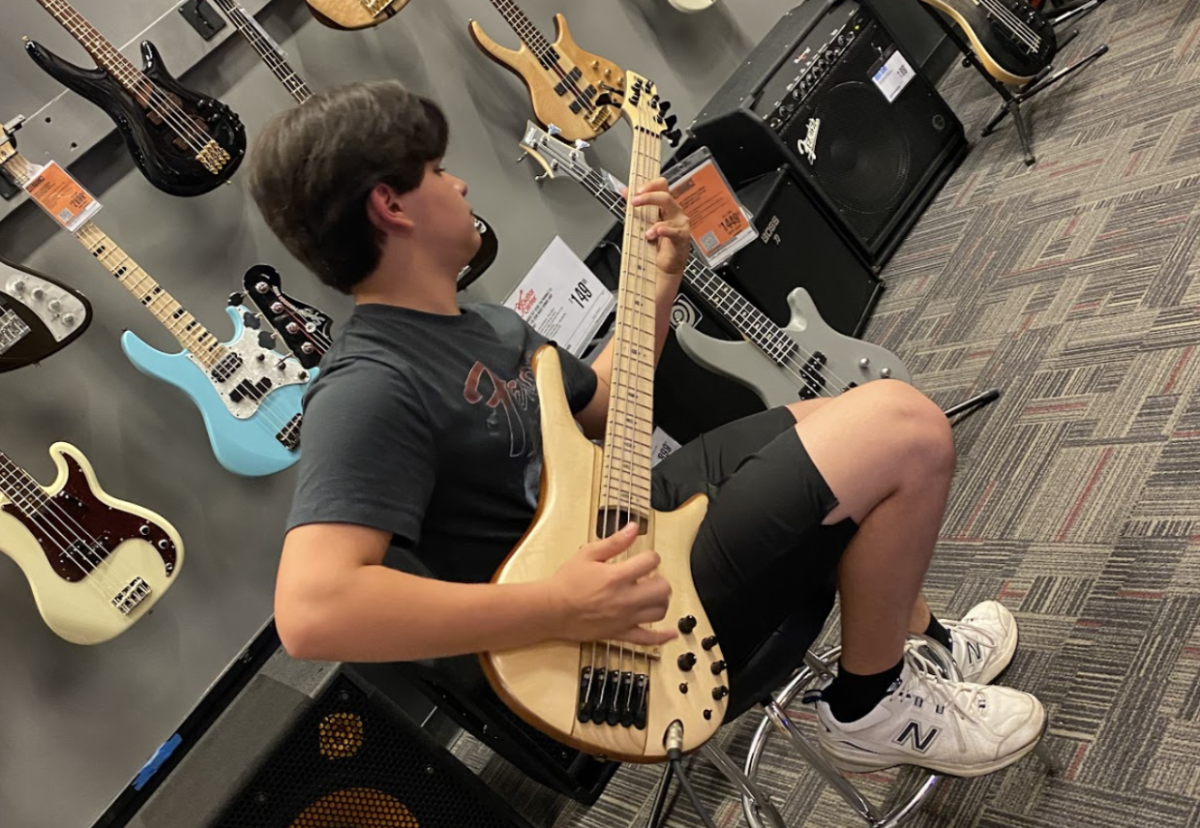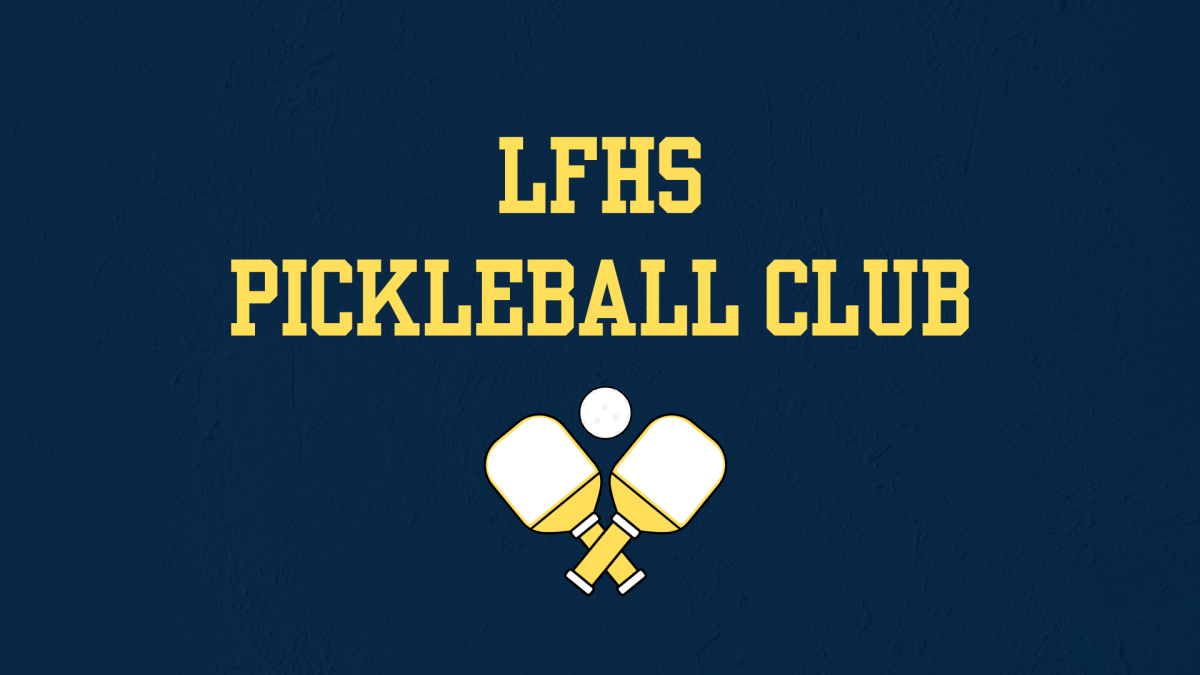
235 days into the war in Gaza, the polarization felt across the country and world has become so intense that some students here say they feel unsettled by the tension.
“Sometimes I’ll try to talk to someone about their beliefs, and I realize it’s useless because they’ve no interest in shifting their view. There’s a complex history to [the war in Gaza] that students aren’t interested in taking the time to learn,” Jewish senior Sophia Zar said. “Honestly, the lack of compassion from a lot of students is upsetting.”
Zar said it’s an especially frightening time for Jewish and Muslim students.
“I just caution against saying something with full confidence when you’ve clearly not done your research. It’s really troubling for Jewish students to see the rise of antisemitism globally, but everyday Islamophobia is just as scary for Muslim students. ”
On Oct. 7, 2023, Hamas waged an attack on southern Israel, killing approximately 1,200 people and taking 240 people as hostages. Seven and a half months later, Israeli retaliation has killed at least 36,050 Palestinians and injured 81,026.
On April 17, Columbia University became the galvanizing force of the protest movement that sparked a nationwide conversation when students urged that the university financially divest from companies and institutions that profit from the occupation in Palestine.
Students from Harvard University to the University of Michigan to USC have since followed in the footsteps of Columbia students. While this has raised awareness about the war, it has also furthered polarized pro-Palestine and pro-Israel groups.
The impacts of the war have been felt in our community, too.
On May 2, a group of LFHS students walked out in support of Palestinians to peacefully protest the war in Gaza. They were met by pro-Israel counter protesters.
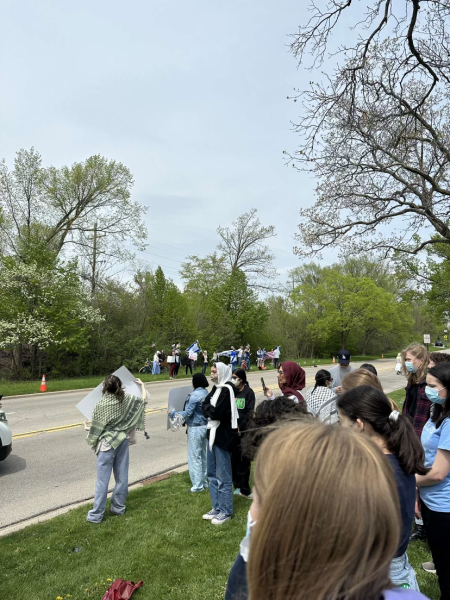
Jewish junior Hannah Belenkiy says the school environment has become more tense after the walkout and that “students are pressured to pick a side in this conflict.”
“I feel as though the walkouts (both at LFHS and nationally) have created division between not only religions (predominantly Muslim and Jewish) but also [between] students in general.”
Belenkiy also said she “did not feel comfortable participating in the counterprotest out of fear of backlash or conflict between both sides.”
While she said she “feels very safe and welcomed at LFHS,” Jewish senior Hanna Sands says she doesn’t think she’s ever been as “hyper-aware” of her Jewish identity until recently.
“At many universities and colleges, encampments have gained lots of coverage and some of the hatred toward the war has turned into rising anti-semitic messages and beliefs,” Sands said. “The consequences of war are horrifying, and I hope that the conflict between Israel and Hamas comes to an end shortly, but like many others, I fear that it won’t.”
Muslim sophomore Aiza Mirza feels she has remained well-informed on this conflict prior to the events of Oct. 7 and has learned “that this is not a religious issue but rather one of political nature.”
“This is not a struggle between Jewish and Muslim people, but rather the struggle between the Palestinian people and the Israeli government. A government is not synonymous with a religious group, and this is something that I feel is most important when discussing this topic.”
When deciding to attend the walkout, Mirza said she was inspired by other students across the country.
“There are countless children, many of whom are younger than me, that have lost their entire family, lost their right to a childhood. It hurts to know that when I see a news story about them, I can look away, but they sadly cannot because it is their reality. It angers me that not enough people speak up for them, that people with power to say something, such as politicians and celebrities, remain silent.”
Mirza’s participation in the walkout did not come without personal sacrifice, though.
“The days leading up to the walkout were some of the most anxiety-ridden of my life. As a Muslim girl and a hijabi in a predominantly white community, I know that I am already subject to much scrutiny. Many people who see my scarf view me only in terms of the stereotypes they have been taught, even though those do not define me,” Mirza said. “Doing something that was likely to receive so much backlash from the community, that would likely cause many other students to view me differently, was terrifying.”
Social worker Dan Maigler, who has worked with both Muslim and Jewish students, said students are worried about speaking out.
“The students I have worked with feel little fear for their own safety, but significant concern that anything they post may have long term consequences on college admissions or future work prospects. There is an anxiety of wanting to be able to speak out for their values and care for both sides but feeling like anything they say will be misinterpreted.”
Muslim senior Maya Taha says she has felt the effects of this.
“In communities like ours, there is often a palpable double standard. While discussions about international conflicts and human rights are encouraged in theory, advocating for Palestinian rights can be met with suspicion or outright hostility. Speaking out can lead to being shunned by friends and family, marginalized in social groups, or a risk in losing your job,” Taha said. “For many people in our community who don’t care about this issue, this ignorance stems from privilege and distance from the conflict. For many, the struggle of Palestinians is an abstract concept, something that doesn’t directly impact their lives.”
Some students are personally connected to the war in Gaza, whether it be through familial ties, cultural ties, religious ties, and so forth. Although many students are affected, varying opinions and knowledge of the political issue at hand have emerged.
Following the walkout, senior Alejandro Orestano says that “students definitely have the right to protest, and that the right to free speech is an important cornerstone of this country.”
Despite not being part of either ethnic group or religion involved, Orestano says he has learned a lot about the Israel-Palestine conflict through his own research, world history classes, and participation in the Model United Nations club.
“The ongoing conflict is a flare up of a much larger and more complex issue that has been going on for thousands of years in the fight for the holy land. I feel that people who do not fully understand the issue or are not affected by the conflict should stay impartial,” Orestano said.
Because of the tension surrounding the war, Belenkiy said she noticed that a lot of teachers have avoided talking about the conflict.
“It’s important for the school to talk about it in a neutral environment because it is always important to be informed on both sides of an issue.”
Social studies teacher Cheryl Kyrias emphasizes how “teachers have to be very careful when facilitating discussions of current wars or really any controversial topic in the classroom.”
“Above all, any discussion of controversial issues needs to remain respectful and tolerant of everyone’s different worldviews. This is incredibly difficult to do today because many aspects of society are so polarized.”
Muslim junior Ibrahim Hashim says “people must become truly aware of what’s going on.”
“This conflict is so divided that I’m sometimes tempted to not speak out because of how people might react. But as it continues, and as more innocent men, women, and children continue to die, this is no longer an issue of ignorance, but rather of humanity.”


